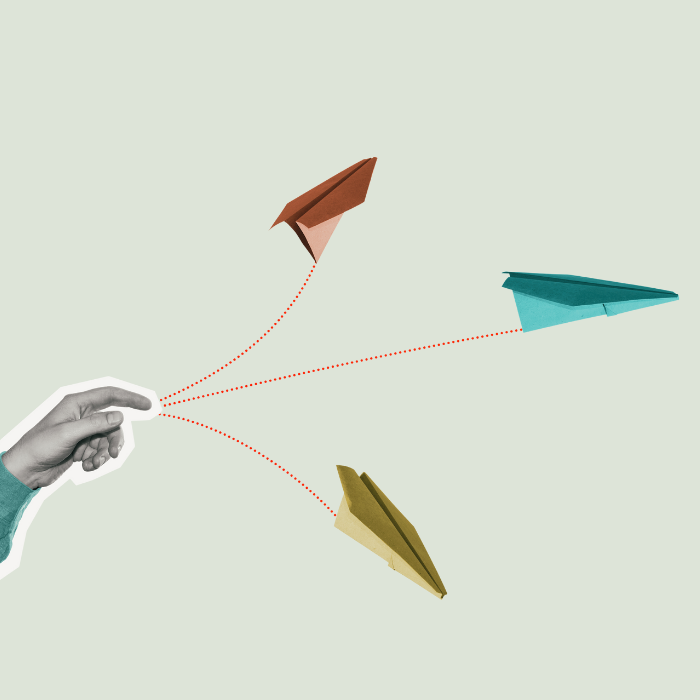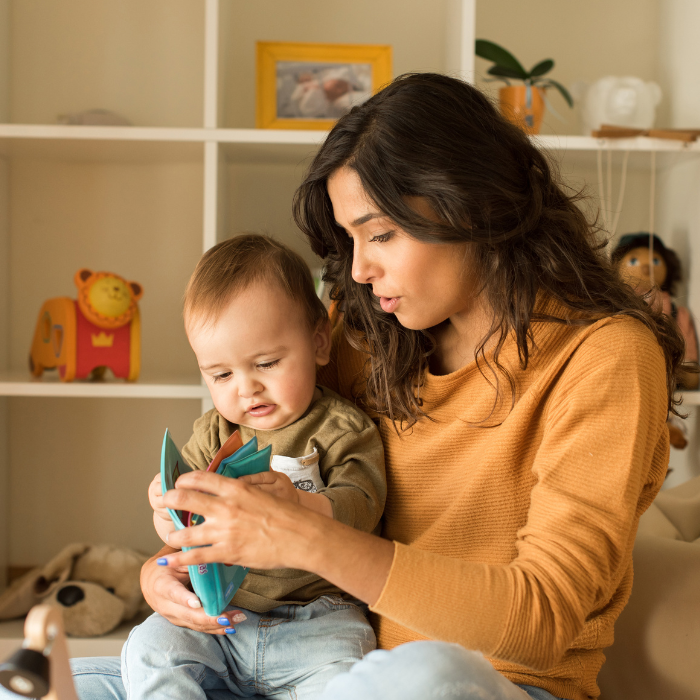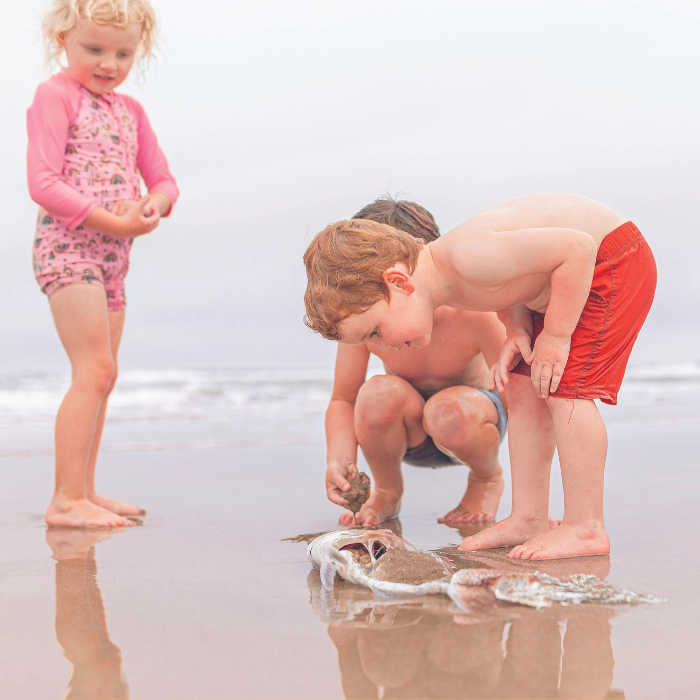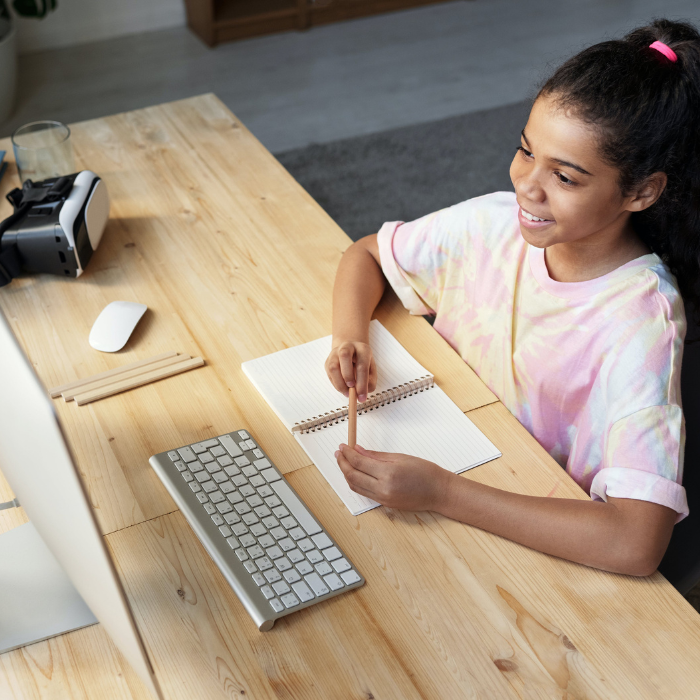TV on demand means skipping the adverts, series linking’ your favourite programme for you to watch at a time that suits you, being able to restrict what the kids have access to ” the list goes on. It’s changed the way we view things, in more ways than one. See how it might suit your family.
From Stills to 3D
To enjoy the first FIFA World Cup in 1930, you had black and white photos. Then came live radio transmission, followed by black and white television. TV progressed to colour, then to high-definition images and – as of this year – the World Cup was broadcast in three-dimensions.
3D-ready television sets are available in New Zealand, but viewers require LCD shutter glasses. TV sets capable of showing 3D contents without special glasses are on their way.
Sky and Freeview
Sky is New Zealand’s biggest pay TV operator, with over 100 channels packaged according to your preferences. While many shows are predominantly USA-centric, you have the option of Art, Nature and Travel channels, in addition to the cartoons and fashion. Your costs include the decoder (which you have to return when you cancel the subscription), installation and monthly subscription fees.
If that’s too much to pay (or too much TV to watch), there’s always Freeview, New Zealand’s free-to-air digital television and radio service. You still have to buy the decoder (yours to keep or sell on), but you can install it yourself and there are no subscription fees. You could also check out an alternative such as the Andriod TV boxes by Humax Direct.
Unlike Sky, Freeview has a unique New Zealand flavour, and their TV6 Kidzone program (daily from 6am to 6pm) provides wholesome Kiwiana viewing for preschoolers. After 6pm, TV6 become more suitable for older children, but it remains focused on nature programmes and family values. TV7 is a combination of current affairs, documentary and art. There is Maori TV and a Chinese channel. (Some channels may not work in your region.)
Freeview programs include: Angelina Ballerina, The Dress Up Box (a beautiful Kiwi series about dress-up play), The New Worst Witch (based on books by Jill Murphy), Meet the Locals (a New Zealand conservation program) and Silver Sun (futuristic series for tweens).
Older children can learn about politics by watching the Parliament channel … then again, given the language sometimes used by our politicians … forget I said anything.Is the programmes selection on Sky worth the extra money? Your choice.
TiVo and My Sky: TV on demand
You can rewind live TV, pause it while the kids misbehave, use your mobile phone to start the recording process at home, download all the episodes of the series you’re following without having to wait a week for the next instalment …
Sounds like science fiction? You bet, yet today’s technology makes it all possible. And because your TV is now the smartest appliance in your house, it can search for shows with your favourite actors, and suggest new shows for your viewing pleasure based on what you recorded in the past and whether you liked it. TV on Demand (available on Freeview and Sky) means what’s coming to your TV screen is only what you want, with none of the boring stuff. You can also tell the TV to restrict what programs the children watch, when and how long.
You can pay $7 to watch a new release or $5 to watch an old movie on your TV (you can’t keep it indefinitely), but it’s cheaper to rent it at a DVD store if you’re willing to drive to get it.
Children and TV
Talk about your family’s TV etiquette. Set daily or weekly time limits. Separate “entertainment” viewing from “homework” viewing (research for school projects). Plan what your children can watch and include them in the decision process. If you have TiVo or My Sky, you can lock out certain programmes and channels, set the maximum classification (PG, G) or restrict viewing to recorded programmes.
Some rules you may like to implement in your household:
- No food while watching TV (includes snacks and family dinner).
- Switch off the TV when guests arrive.
- TV is something to do after homework, gym and tidying up.
- TV is for weekends and holidays only.
- TV is a reward for good behaviour.You might even set the example of not spending too much television time yourself. (And you’re right, watching TV while ironing doesn’t count!
Freeview
- A cheaper option with a limited selection of programmes
- Pay hardware costs upfront
- No monthly fees
- You can sell the hardware if you no longer use it
- Kiwi-centric
- Some sport events broadcasted
- Fewer high-definition (HD) programmes
My TiVo
- TV on Demand (called My TiVo) used to require Telecom Broadband. As of July 2010, CASPA (the legal movie downloading service) is no longer exclusive to Telecom Broadband. However, other ISP providers may cap your usage or charge you extra
- Again with My TiVo there are no monthly charges, just the upfront fee
- Voting on programs you like and automatic programme suggestion
- Is more like a computer
Sky TV
- A more expensive option with many more programmes
- Pay hardware costs upfront
- Monthly subscription fee
- You have to give back the hardware when you stop subscribing
- Mainly overseas contents
- A dedicated sports channel available
- Many high-definition (HD) programmes
My Sky
- TV on Demand (called My Sky)
- My Sky charges a monthly fee
- No voting or auto programme suggestion at present
- Is more like a shop for extra TV programme
Experts Say
- Children under 2 should not watch any television. New research from Montreal University suggests the pastime sets them up for obesity and poor academic performance at school, irrespective of the child’s intelligence or socio-economic background. “It’s not just that children with little natural ability decided to watch more television. Children of all levels of intelligence did worse if they watched a lot of television.”
- However, research at the University of Texas in Austin indicates that preschool children who watch a few hours a week of educational programming will perform better on achievement tests over time than their peers who watch more general entertainment shows.
- Barbara Prashnig, an Auckland-based education expert, says it’s not how much TV the kids watch, it’s the content. “TV – when used correctly – can be an excellent teacher. If a child’s learning style is visual, they will learn from documentaries and fun educational shows such as the Magic School Bus.
By Yvonne Eve Walus








